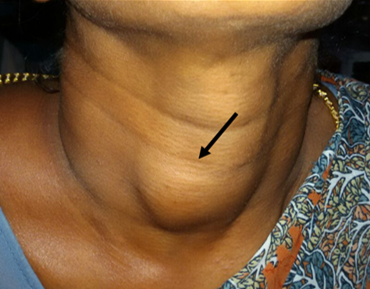Abstract
Polyglandular polyendocrine syndromes (PSs) are an assorted collection of infrequent ailments considered by autoimmune motion contrary to more than one endocrine organ, though non-endocrine organs can be affected. The deficiency of parathyroid is quite rare without surgery. This article summarises clinical, epidemiological, and serological, data of patients with PSs. Multifaceted diagnostic difficulties and treatment choices required that the patient be admitted to the hospital for a rather long period, namely for six weeks. Three diabetic patients with various thyroid disorders such as lymphocytic thyroiditis involving parathyroid glands manifesting with severe hypothyroid and hypo-parathyroid status were studied with an occurrence of dengue viral aetiology as a precipitating factor. Further, the patients were investigated for the determination of antibodies against thyroglobulin and microsomal antigens by chemiluminescent microparticle immunoassay. They were also tested for Parathyroid Hormone and 25-hydroxy vitamin D. After three months, all the three hormonal status were brought to normal with substitution and maintenance therapy, and patients were reviewed after six months were found to maintain with the dose. To conclude, thyroiditis may progress during the progression of dengue fever and should be counted as a manifestation of expanded dengue syndrome.
Full text article
Authors

This work is licensed under a Creative Commons Attribution-NonCommercial-NoDerivatives 4.0 International License.

